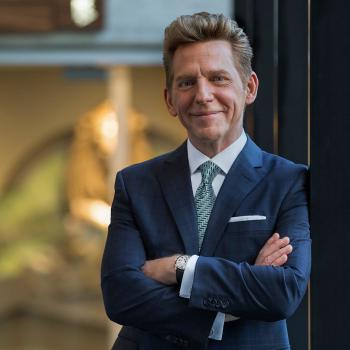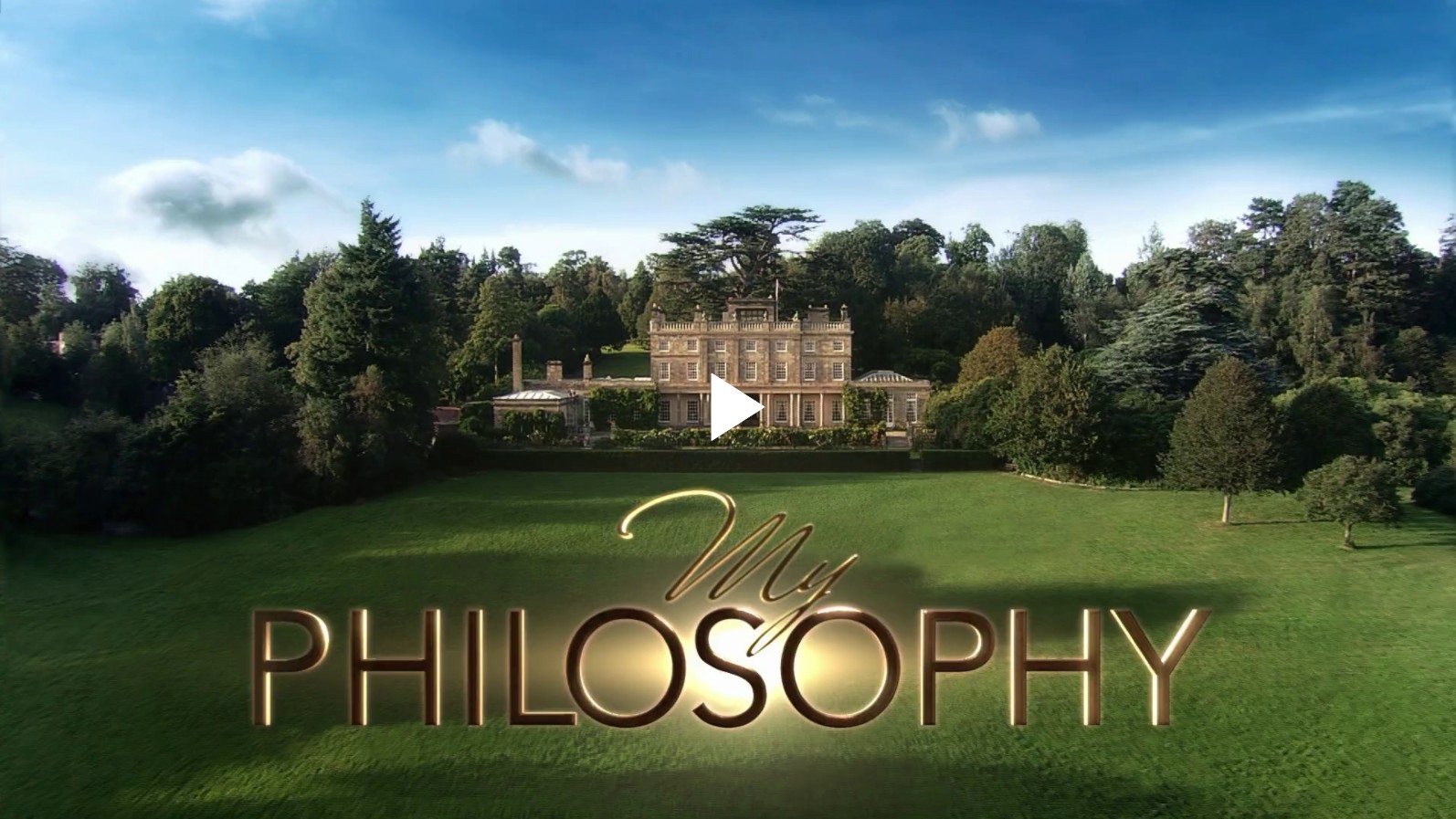Reprinted from the Washington Examiner
Susan Taylor was climbing mountains and teaching skiing in Jackson Hole, Wy., in 1969 when a friend gave her a book entitled “The Fundamentals of Thought.” It was by L. Ron Hubbard, who founded the Church of Scientology just 16 years before. After reading the book and taking a scientologist communications course, Taylor became a staff member of her local church. Now she’s the president of the Church of Scientology in D.C. and the national director of the church’s disaster relief efforts. She spoke to The Washington Examiner about how she appreciates Scientology’s ability to help people, no matter what the problem, and give answers, no matter what the question.
What does Scientology teach about God and man?
We are spiritual beings. That’s the simplicity of the whole thing. We don’t have a dogma in Scientology. We have a creed, but we do not have a dogma, meaning we do not tell people how to believe or what. Each scientologist comes to know and understand God in his own very personal way. So you will not find two scientologists sitting down and talking about God. Scientologists definitely do believe in God and that aspect of life, but we come to know and understand God in our own very personal way. It’s kind of like Buddhism in that way.
So you can combine Scientology with other faiths?
Yes, here at the church we have Muslims, Catholics, Jewish people. We don’t ask a person what his faith is when they walk in the front door. It’s up to them whether they think it conflicts or not, but in most cases it doesn’t at all. In fact it supplements. We’ve had Baptist ministers tell us, “Wow, for the first time, I really understand my own religion.”
How has Scientology helped you personally?
Immensely. I was quite shy when I was younger. I didn’t like public speaking. And now I’m the president of the church, and I do speaking engagements. Also I was very interested in family and myself and a little bit introverted. It’s helped me to expand my whole life. It’s helped me to take responsibility of all aspects of life, which I didn’t have at that particular time. It’s given me a freedom spiritually, it’s made me incredibly happy. It’s given me answers to life that I never had before, either. In Scientology any question you have about life, no matter what it is, can be answered.
Scientology has fierce critics. Why do you think it draws such opposition?
Basically it’s the new boy on the block. Take any religion through the ages. Why did they hang Christ on the cross? Why did they drive the Mormons, killing and murdering them, west to Utah? Scientology is very new. We’re barely 60 years old. People are afraid of new things, and when you don’t understand something, you fear it or you make up stories about it. One thing I always encourage people to do is not to talk about Scientology. Please come visit and see for yourself. As far as critics go, that’s basically it — they don’t understand what Scientology is. And I’ve had lots of people come in with a viewpoint that the media has given them and say, “Wow, this is nothing like I thought it was.”
Some say scientologist beliefs resemble science fiction. Are there teachings in Scientology you find hard to believe? How do you come to believe it?
We don’t believe anything. We don’t have beliefs. I don’t believe I’m sitting in a chair; I know that I’m sitting in a chair. And that goes for any aspect of Scientology. And in Scientology we have gradients of study. You don’t toss somebody into calculus without having done basic arithmetic. The same thing would happen with an advanced Scientology course. You toss somebody into that and they would say, “This is really weird. I don’t get it.” Because it’s out-gradient. You don’t toss a kid into a swimming pool and say to them “Swim!”
At your core, what is one of your defining beliefs?
That man is a spiritual being. That the spirit has the rights of man. And that he can get better, and something can be done about it, whatever the difficulty is or whatever the problem is. There is always hope, and there is always help.
– Liz Essley








